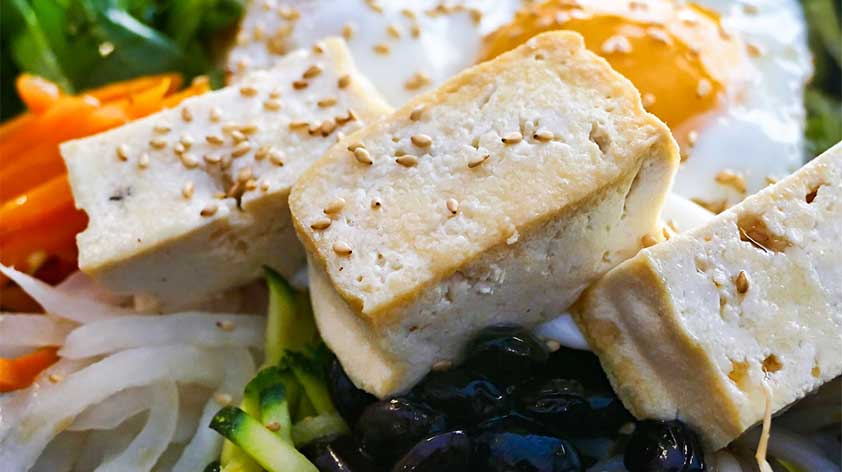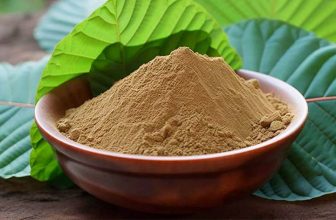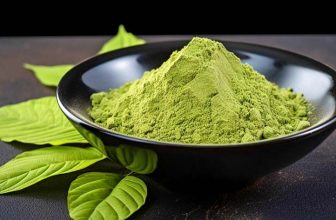
Vitamin D is a fat-soluble vitamin that helps your body absorb calcium and maintain adequate concentrations of magnesium and phosphate; three important nutrients for teeth, muscles and bones. It also helps control the exchange of calcium between the bones and the blood. Low levels of the vitamin are unfortunately globally widespread. Deficiency symptoms include fatigue, muscle pain, weak bones and, in children, stunted growth. We pin down foods to help remedy these issues in Vitamin D: 5 Great Vegetarian Sources!
1. Sunshine
When exposed to ultraviolet rays, your skin starts producing Vitamin D. Exposure to the sun is one of the most effective and easiest ways to regulate your Vitamin D levels and can be achieved harmlessly within 20 to 25 minutes. Some factors can affect your body’s ability to produce this Vitamin, such as, geographical location, pollution and age.
2. Egg Yolks
You can get a good amount of Vitamin D through egg yolks depending on the chicken’s diet. Chickens that have been fed a diet rich in Vitamin D will lay eggs that are higher in this vital element. Similarly, chickens who are raised outdoors and have been exposed to sunlight produce eggs that are three to four times higher in the vitamin than those raised indoors.
3. Mushrooms
Mushrooms are likely the only non-fortified plant source of Vitamin D. Their exposure to UV radiation, such as sunlight or UV lamps, gives them the ability to generate relevant amounts of Vitamin D2 and D4. In the 1990’s a study was conducted with 27 participants. Vitamin D2 from mushrooms was found as effective as Vitamin D2 supplements in increasing levels of its concentration in the body.
4. Cheese
Another natural source of Vitamin D is cheese. Fontina, Monterey and Cheddar are some of the varieties that rack up the highest concentrations, although cheeses in general do not contain super high levels of this vitamin (usually up to 30IU).
5. Vitamin Supplements
When dealing with Vitamin D deficiency, one of the most reliable ways to get it into your system is through supplementation. Supplements come in two forms. Vitamin D2: Most commonly found in plants and yeast. Vitamin D3: Usually from sheep’s wool or fish oil and, more recently, the vegan form has been extracted from lichen.









